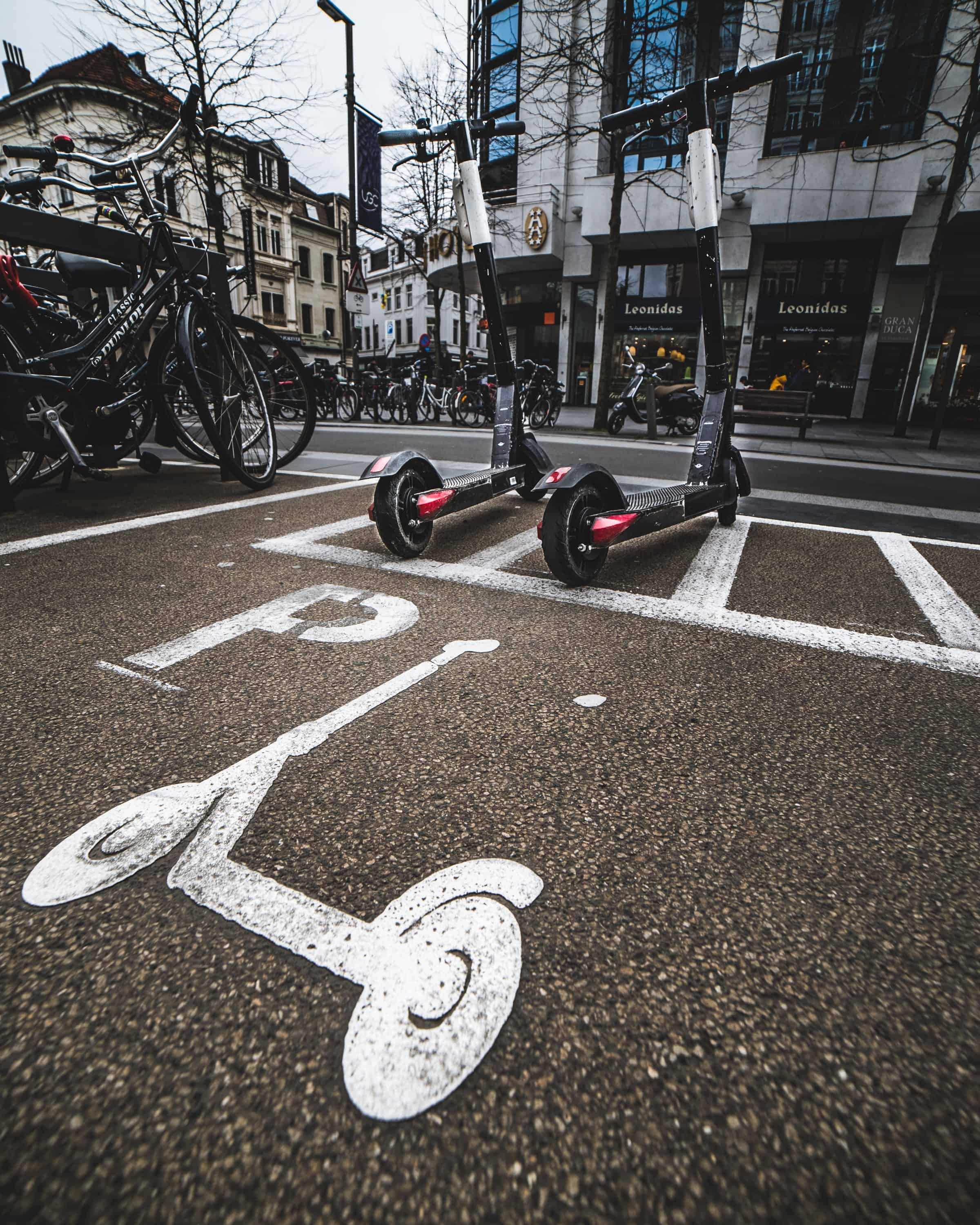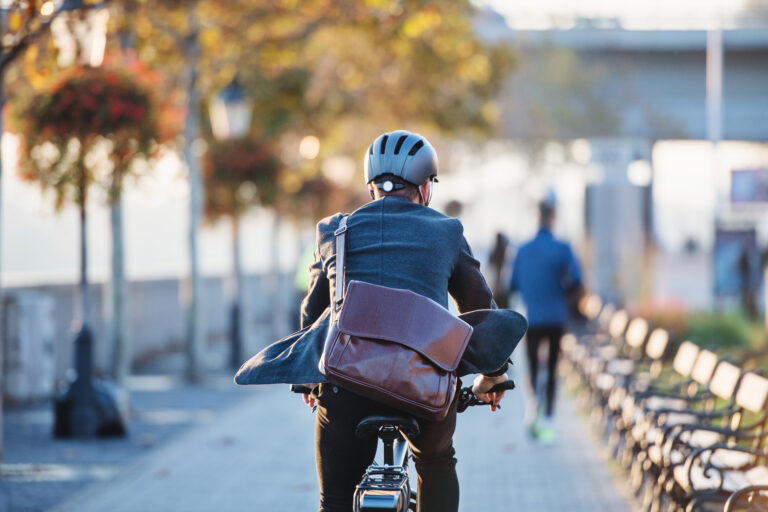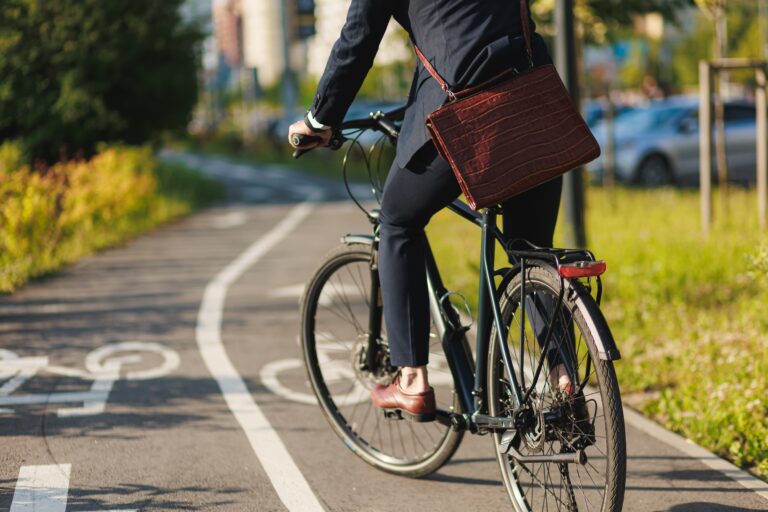
Electric Scooters: The law and what to do if you are involved in a collision
In the ever-developing transport industry, new and innovative ways of getting around are being introduced all the time. Developers are continuously looking to create quick, convenient, cost-effective and environmentally friendly modes of transport.
Electric scooters, otherwise known as e-scooters, are a craze that has swept across the UK and over 100 other countries in recent times. E-scooters look much like conventional two-wheeled scooters, but have electric motors to propel them.
Within this blog, I consider the law surrounding e-scooters, how safe they are, I describe how different rules apply to electric bikes, I look at how the law should be addressed and I explain what should be done if you are injured by an e-scooter or an electric bike.
E-scooters: The law
There is uncertainty amongst consumers as to where e-scooters can be ridden. Whilst it is legal to buy e-scooters, it is currently illegal to ride them on the road or the pavement in the England and Wales. The only place that they can be ridden is on private land, with the permission of the landowner.
E-scooters are classified as Personal Light Electric Vehicles and are treated as ‘motor vehicles’. They are therefore subject to all the same requirements as other motor vehicles, such as tax, MOT, licencing, lights, number plates and signalling capabilities. As e-scooters don’t have these, they are not allowed on the roads. E-scooters are also not allowed on pavements or cycle lanes.
If caught using an e-scooter on the road or pavement, riders can face fines of £300 and six points on their driving licence. Police have also been known to seize e-scooters.
Whilst riding e-scooters on public roads and paths is illegal in England and Wales, countries such as America, France and Denmark have piloted schemes allowing people to hire e-scooters.
E-scooter safety
E-scooters can reach dangerous speeds in excess of 30mph. Some only have one brake, which can make stopping difficult. Riders are also not required to wear helmets or any other safety equipment. Police are cracking down on their use in order to improve road safety.
E-scooter collisions have resulted in fatalities in numerous countries including England, despite them being illegal. Television presenter Emily Hartridge was the first person to be killed after being hit by a lorry whilst riding an e-scooter to work.
Electric bicycles – different rules
Electric bikes (or e-bikes), by contrast, can legally be ridden on the roads and cycle paths in England and Wales, so long as they comply with certain requirements. If the bike has pedals that propel it, an electric motor that will not assist when travelling more than 15½mph and the power does not exceed 250 watts, it can be ridden anywhere that conventional bicycles are allowed. Riders do however need to be at least 14 years of age.
Riders of e-bikes, which do not exceed the above power limits, will not need a licence and they will not need to register the bike, pay vehicle tax, take out insurance or wear a helmet. However, if an e-bike exceeds those limits, it will be classed as a motor vehicle, much like an e-scooter.
How the law should change
The Department of Transport has advised e-scooter retailers to tell their customers that e-scooters can only be used on private land. More needs to be done in order to ensure that e-scooter owners are aware of the law as it stands.
There is pressure on the government to increase environmentally friendly modes of transport, to keep pace with those countries that are rolling out e-scooter schemes and to introduce laws that will allow for further innovation.
E-scooter enthusiasts will no doubt see the current law as outdated, due to the relatively low power of an e-scooter when compared to other motorised vehicles. They will surely regard the law, which allows low powered e-bikes on the roads and cycle lanes, as unfair. One solution could be to bring the law surrounding e-scooters in line with low powered e-bikes.
However, in my view allowing e-scooters on the road would be extremely dangerous for both the riders and pedestrians. Having dealt with numerous road traffic accident claims, putting e-scooters amongst cars and larger vehicles will certainly result in more fatalities and catastrophic injuries. Preventing these needs to be the top priority. Furthermore, if an e-scooter rider was to blame for a collision, the potential for them having no insurance could prevent the victim from accessing justice. This is explored further below.
What to do if you are involved in a collision
Despite e-scooters being banned on the roads, their popularity will inevitably result in further collisions. Pedestrians and other roads can be vulnerable around negligent e-scooter and e-bike riders. If you are involved in a collision with either of these, you may wish to seek compensation for your injuries and any financial losses you incur as a result of the accident.
I would strongly recommend to anyone who thinks that they may have a claim that they contact an appropriately qualified specialist solicitor. There are a number of complex issues which could arise during the legal action, which will require real expertise. For example, although e-scooters are illegal on the roads, the rider may allege that the injured person contributed to the accident somehow. This could result in lengthy negotiations about who was responsible for the accident.
A specialist solicitor will look into whether the rider has insurance to cover any claim. Insurance for e-bikes is not compulsory and e-scooter riders are unlikely to have adequate insurance, as they are not allowed on the roads. This can prove problematic when it comes to recovering damages and costs.
If so, it might be necessary for a solicitor to instruct a private investigator to find out whether the rider has the financial means to settle any claim for compensation and legal costs from their own means and assets. One alternative option, if the rider has no insurance or means to pay, would be to consider whether the injured person has insurance to meet any unsatisfied judgments ordered by the court. This may, for example, form part of a home insurance policy.
E-scooters and e-bikes are certainly capable of inflicting life-altering injuries when ridden dangerously. It is vital that any injured people are able to secure damages in order to rebuild their lives. To stand the best chance of doing so, they should seek specialist legal advice.










